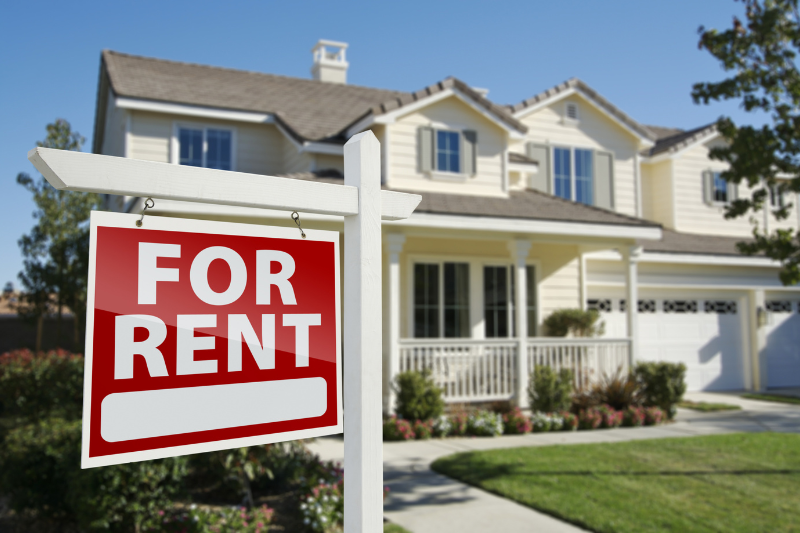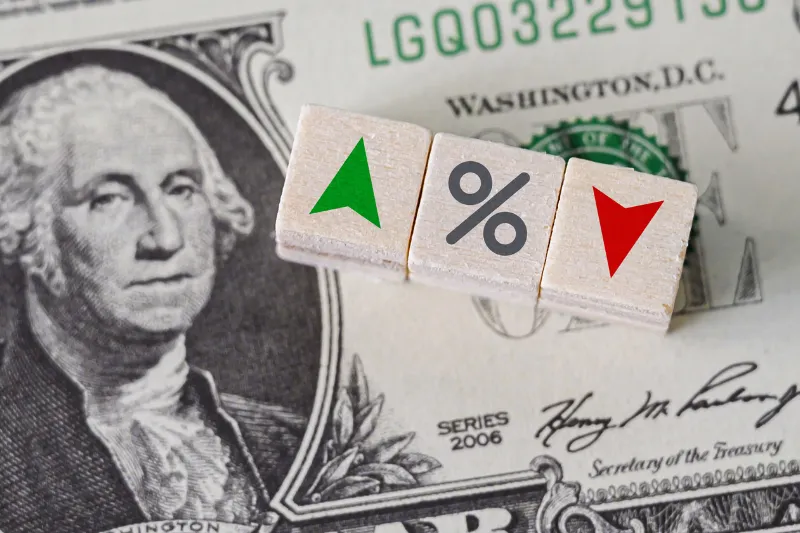Fluctuations in mortgage rates can significantly impact the housing market. Recently, there has been a…
What’s the Deal with Raising Rent?
Whether you are a renter or a landlord, you’ve probably thought about rents raising and wondered if it’s the right thing for your situation. There are a few questions on both ends to consider when you think about raising rent.

Dealing With Rising Rent as a Tenant
Rent is charged (typically monthly) to live in a house, townhouse, apartment, or other situation. The amount is set when you sign a rental contract and shouldn’t increase throughout the terms of that contract.
At the end of that contract, however, the landlord or property manager can choose to increase the rent. This isn’t unusual and often reflects the higher costs of living in your area. If housing prices overall are increasing, chances are your rent will increase as well.
Some landlords cap the amount that they will increase rent each year. For example, they will not raise the rent more than 10% per year. In some locations, this is a law in place to protect tenants known as rent control. It also prevents rents from skyrocketing in high cost of living areas.
Dealing With Rising Rent as a Landlord
You can set the rent for your property at any rate and increase it at any time as long as it is not during a fixed lease. However, there are some considerations when deciding to increase rent.
First, what is typical rent for your area and type of property? If you expect too much in rent, you might have a hard time finding a tenant willing to pay. And if you don’t have a tenant, you don’t have any rental income. Working with a knowledgeable property manager can help you set a competitive rent rate.
Second, have you made any improvements to the property? If you charged $1200 per month but just added a pool, fenced-in backyard, or other amenities, you may be able to increase the rent. Just be ready for the tenant to vacate and look for something still in their budget, especially if they were not in favor of the improvements.




